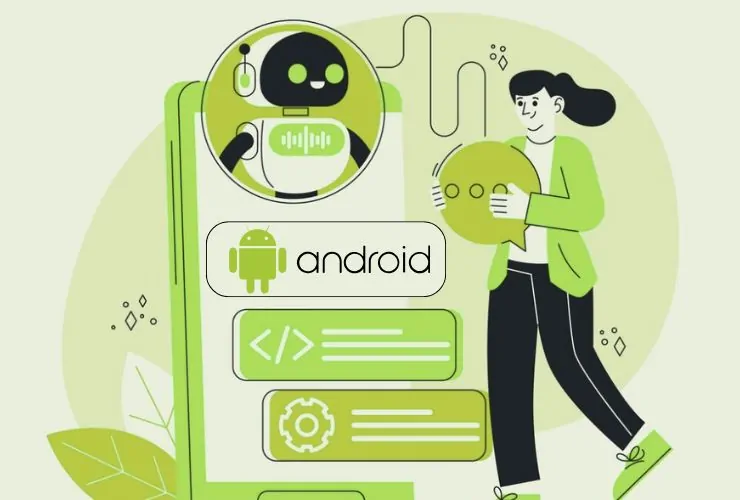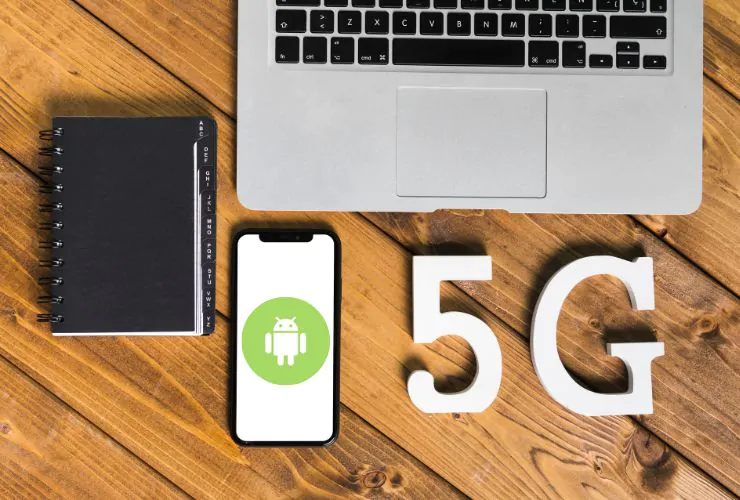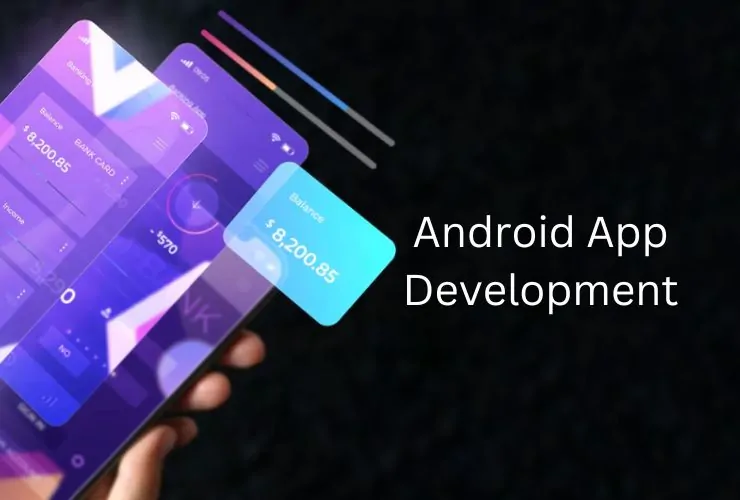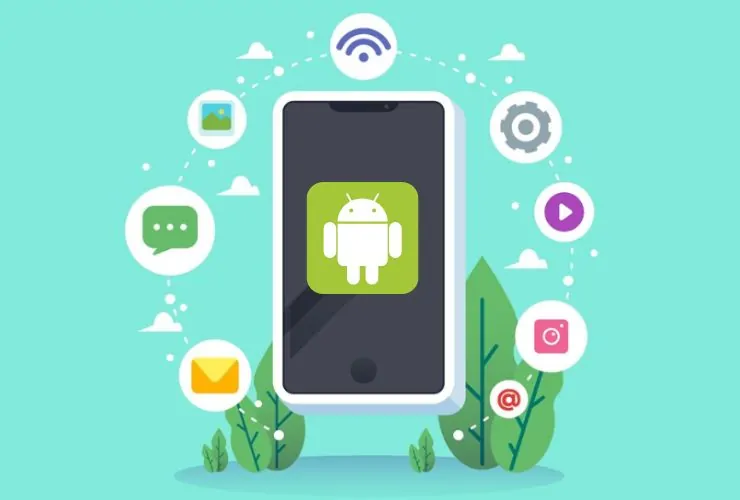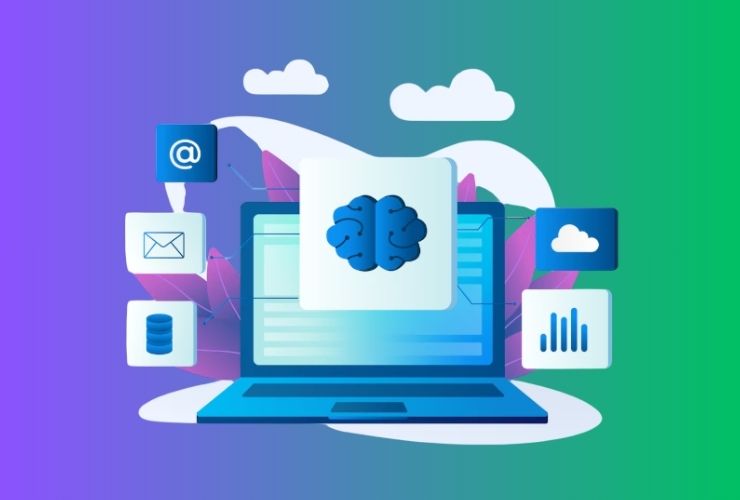Artificial Intelligence (AI) and Machine Learning (ML) have long crossed the hype-phase-they are at the heart of digital transformation today. In mobile app development, especially for Android, AI and ML are revolutionizing app development, construction, and usage. From personalization to predictive modeling, AI/ML-influenced Android apps are providing wiser, adaptive, and customer-centric experiences than ever.
Why AI and ML are Android Game-Changers
AI and ML are revolutionizing Android app development with the potential to make apps learn from data, get better over time, and react based on intelligent decisions for user interaction. The technology allows developers to go beyond static rule-based reasoning to deliver dynamic data-driven functionality that is adaptive in real-time.
Some of the significant benefits are:
1. Personalized User Experiences
By analyzing user behavior and likes, ML models can offer personalized content, recommendations, and interfaces. This enhances user satisfaction, boosts engagement, and raises retention rates.
2. Enhanced Productivity and Automation
AI-powered features like smart replies, predictive typing, and smart sorting eliminate drudgery and simplify user interaction. Virtual assistants and chatbots can answer repetitive questions, making support faster and customer support better.
3. Smart Security and Fraud Protection
Security products with AI are able to identify unusual patterns of behavior, unauthorized entry, and potential vulnerabilities. AI-driven algorithms like voice authentication or face recognition secure apps through biometric authentication methods.
4. Enhanced App Performance Based on Insights-Driven Information
AI products can monitor usage, crash frequency, and performance stats and recommend improvements, forecast problems, and enhance the user experience—most often in real-time.
Use Cases of AI in Android Apps in Real Life
AI and ML are already present in every run-of-the-mill Android app. Some of the mundane applications are:
- Voice Assistants & Natural Language Processing (NLP): Apps use NLP to translate voice commands in real-time, language translation, and respond accordingly.
- Image & Object Recognition: AI enables apps to recognize and classify images or objects from camera inputs, such as in the case of augmented reality games and learning apps.
- Recommendation Engines: AI recognizes user interests and recommends movies, products, news, or music.
- Health & Fitness Tracking: AI can interpret wearables’ sensor data to recommend health content or recommend exercise routines.
- E-commerce Intelligence: Apps can utilize AI to predict what a user would likely like, dynamic pricing, or even offer real-time inventory status.
They come with robust capabilities to incorporate AI and ML features into Android apps: - TensorFlow Lite: A mobile and embedded platform-optimized TensorFlow. It facilitates in-device ML model execution trained elsewhere.
- ML Kit (Firebase): Offers pre-bundled APIs for text recognition, face detection, barcode scanning, and translation that are readily added to offer intelligent capabilities.
- ONNX and PyTorch Mobile: Quick choices to use AI models that have been developed elsewhere.
All these alternatives offer even tiny groups or a lone developer a means to experiment and publish AI-facilitated capabilities without being required to set up an entire data science staff.
Advantages of On-Device Machine Learning
One of the largest advancements is the potential to run ML models directly on users’ devices, which entails some of the following benefits:
- Speed and Responsiveness: Avoiding network delay by processing on-device gives real-time capability.
- Improved Privacy: Data does not need to be sent to off-device servers, with user data local and safe.
- Offline Support: Apps can offer AI capability without needing to be internet-enabled all the time.
This creates the possibility of more intelligent apps that can function smoothly even in sparsely connected networks, without compromising the integrity of user data.
Challenges and Considerations
While the advantages are heartening, AI/ML in Android apps is also difficult to implement:
- Tricky Learning Curve: Deployment of AI demands command over algorithms, data structures, and model optimization.
- Hardware Constraints: Android hardware is extremely diverse with regard to memory, processing power, and sensors, which requires models to be optimized for performance profiles that differ across different apps.
- Privacy and Regulation: Data collection from users must be clear and in compliance with regulations such as GDPR and CCPA. Developers must also follow Google Play guidelines and ensure ethical use of data.
- Model Maintenance: AI models need to be updated periodically to be effective and current. Periodic testing and verification are essential for long-term success.
The Future of AI in Android
AI and ML grow more critical by the second, and Android is the perfect place for innovation due to its flexibility and pervasiveness. Edge computing, federated learning, and automated ML pipelines getting stronger, more powerful capabilities are released to app developers.
We are witnessing the growth of hyper-personalized applications, adaptive UI, AI-assisted accessibility apps, and contextual applications that have the ability to forecast user wants even before they’re verbalized. The times ahead will feature further interdependence of voice, sight, and emotional understanding that makes mobile apps more a feeling rather than tools in action.
Conclusion
Machine learning and AI aren’t add-ons—these are becoming the building blocks of the next-generation Android app experience. Through these technologies, developers can build their apps smarter, safer, and more engaging that cut through in a crowded marketplace. Whether your app is a productivity app, health tracking app, shopping app, or game, adding AI to your design is a step in the direction of innovation and sustainable success.

